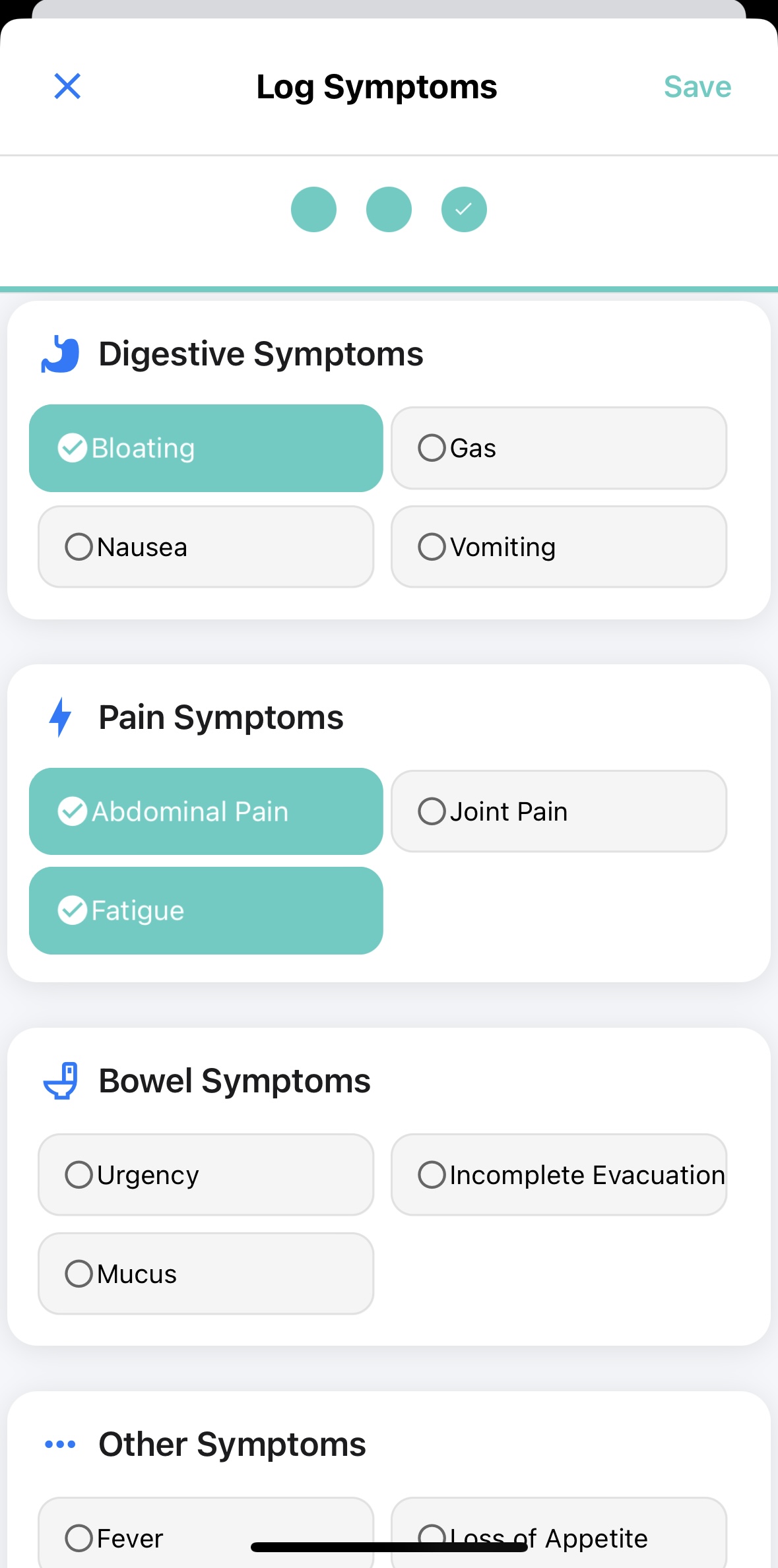
Recognizing Early Symptoms of IBD: When to See a Doctor for Crohn’s or Ulcerative Colitis
Stay Updated
Get the latest gut health tips and research delivered straight to your inbox.
By subscribing, you agree to receive our newsletter. You can unsubscribe at any time.
When it comes to your health, listening to your body is one of the most powerful things you can do. This is especially true with chronic conditions like Inflammatory Bowel Disease (IBD), which includes both Crohn’s disease and Ulcerative Colitis. While these conditions can be serious, recognizing the symptoms early can lead to quicker diagnoses, more effective treatment, and a better quality of life.
Let’s be honest—talking about digestive health isn’t always the easiest conversation. But it’s time to change that. Being open about IBD symptoms, no matter how awkward it may feel, can be life-changing. In fact, it could save your life.
Why Early Detection of IBD Symptoms Matters
Inflammatory Bowel Disease often creeps in slowly. You might start with a little stomach discomfort or fatigue, thinking it’s just something you ate or a stressful week. But IBD is a long-term condition that requires medical care to prevent flare-ups and complications. Left untreated, it can lead to intestinal damage, nutrient deficiencies, and even surgery.
That’s why spreading awareness about Ulcerative Colitis and Crohn’s disease is so important. The earlier you spot potential symptoms, the sooner you can get the help and support you need.
Common IBD Symptoms: When to See a Doctor
If you’re experiencing any of the following symptoms, it’s a good idea to schedule a check-in with your healthcare provider. These could be early signs of Crohn’s disease, Ulcerative Colitis, or another gut health issue:
Persistent or recurring diarrhea (especially if it wakes you up at night)
Blood in your stool
Unexplained weight loss
Ongoing abdominal pain or cramping
Constant fatigue or low energy
Fever that lasts more than a couple of days
Signs of dehydration (dry mouth, dark urine, dizziness)
Loss of appetite or difficulty eating
Symptoms that aren’t improving with current treatment
New issues like joint pain, skin rashes, or eye discomfort
Slowed growth or delayed puberty in children or teens
If your symptoms come on suddenly or are severe—such as intense abdominal pain, high fever, or heavy rectal bleeding—don’t wait. Go to urgent care or the emergency room right away.
Taking the First Step Toward Managing Crohn’s or Ulcerative Colitis
Opening up about symptoms like blood in your stool, fatigue, or digestive distress may feel uncomfortable, but it’s a vital first step toward managing IBD. And you don’t have to do it alone.
With tools like the FlareCare app, you can easily track your daily symptoms, bowel habits, energy levels, and more—all in one place. This not only gives you a clearer picture of your overall health, but it also helps make conversations with your doctor more productive and less awkward. Your data could play a key role in helping your physician make an accurate diagnosis and develop a personalized treatment plan.
Remember: taking care of your gut health is taking care of your whole self. If something feels off, don’t ignore it. The earlier you seek support, the more options you’ll have—and the stronger and more empowered you’ll feel in managing life with Inflammatory Bowel Disease.
Stay Updated
Get the latest gut health tips and research delivered straight to your inbox.
By subscribing, you agree to receive our newsletter. You can unsubscribe at any time.
Related Posts

Living with Ulcerative Colitis: Treatment Options, Diet Tips, and Support for IBD
Treatment Options, Diet Tips, and Support for IBD.

Managing Ulcerative Colitis: My Personal Journey with IBD Treatment Options and Surgery
I was diagnosed with Ulcerative Colitis (UC) in 2019, and my journey since then has been full of ups and downs as I’ve tried to manage this chronic illness. Over the past five years, I’ve explored various IBD treatment options and, unfortunately, had to undergo two surgeries. Finding the right treatment has been a constant struggle—every medication seemed to work for a few months before losing its effectiveness. Here’s a look at the IBD management strategies I’ve tried, and my personal experience with each one.